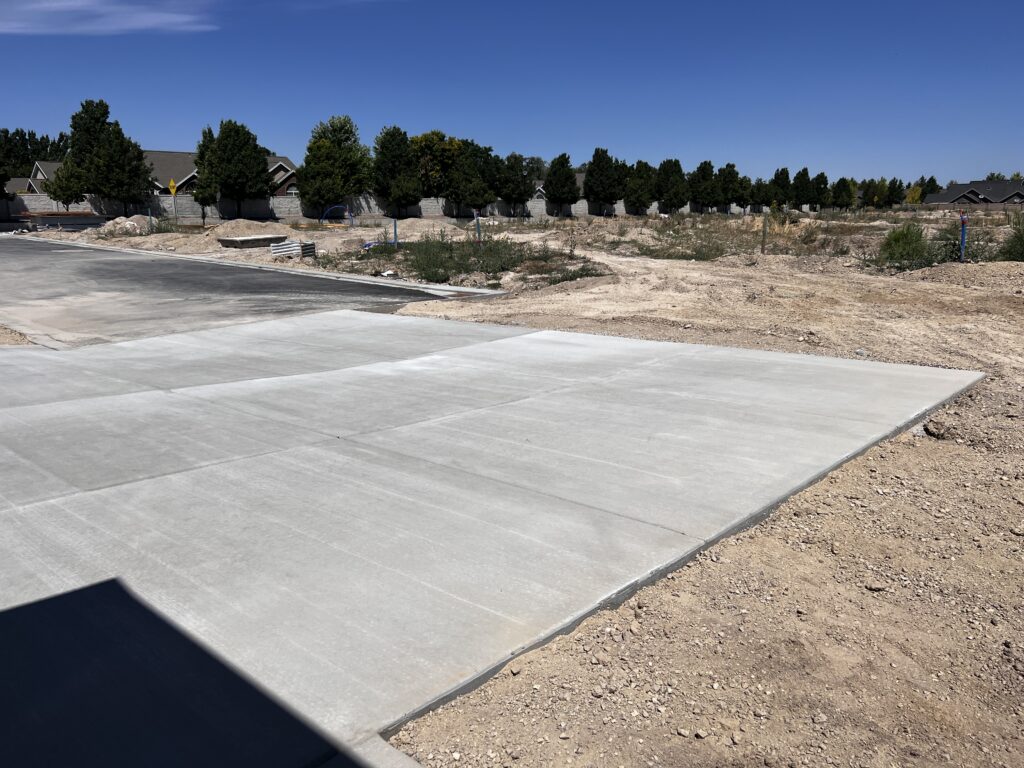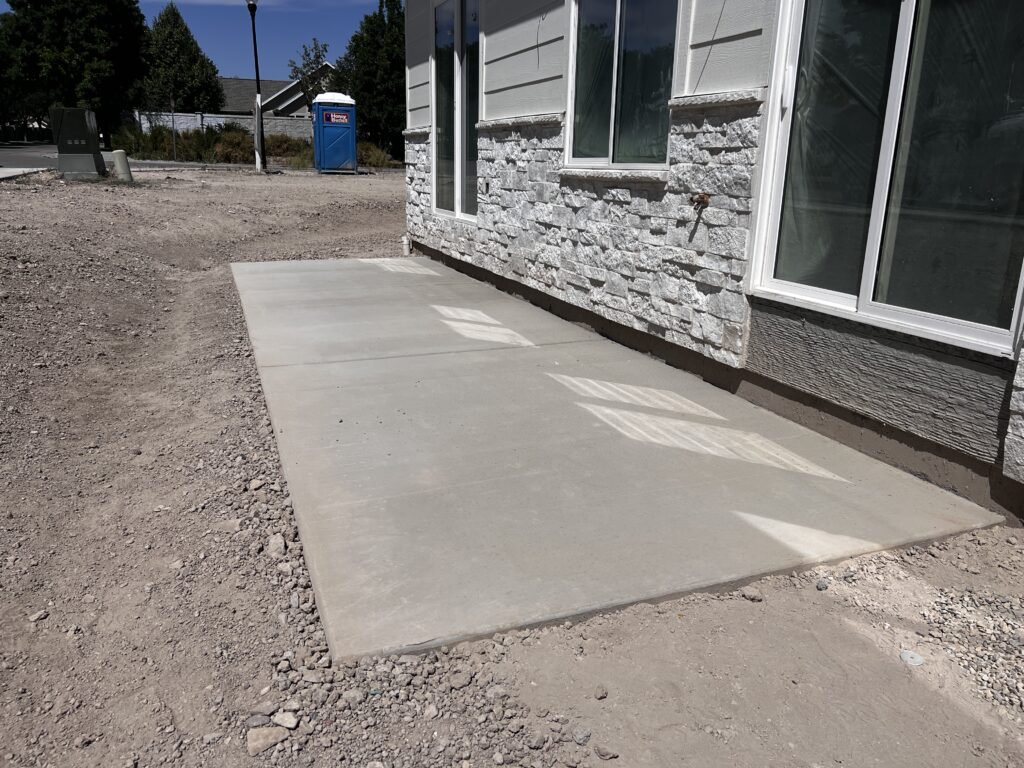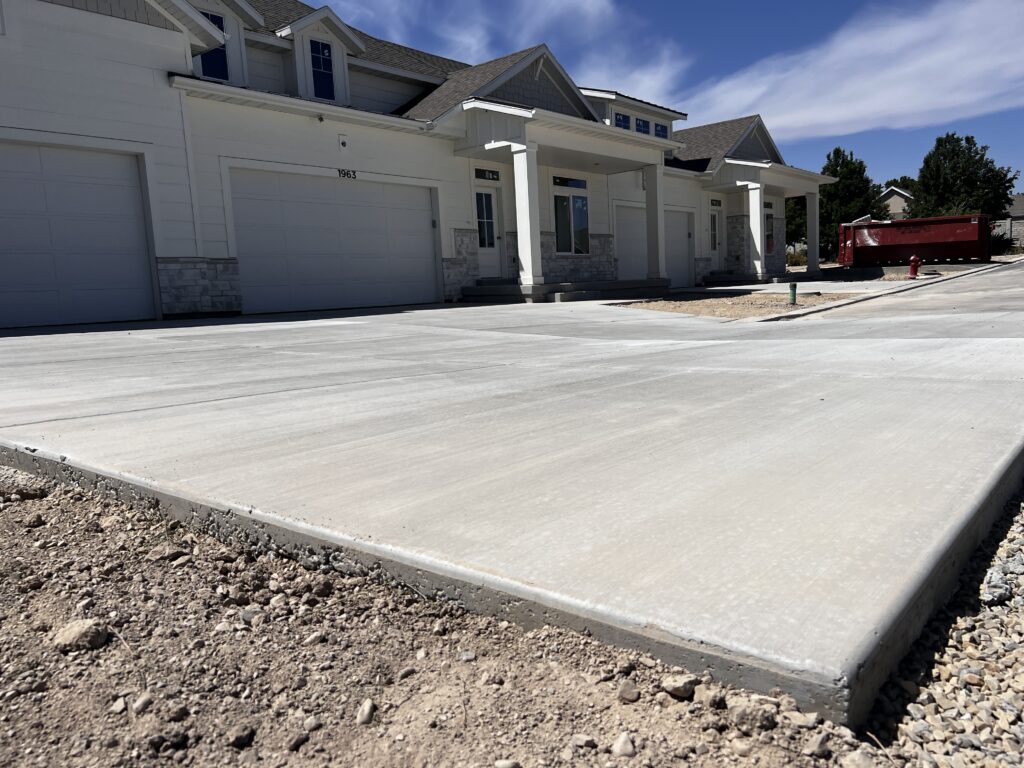Premier Concrete Pro
Providing Quality Concrete Contractor Services
Premier Concrete Pro
When it comes to enhancing your property and ensuring its longevity, Premier Concrete Pro understands that investing in quality concrete work is both a practical and visually appealing decision. With the expertise of our team of skilled concrete contractors, you can maintain the durability and aesthetic appeal of your concrete surfaces for many years to come. Thanks to our comprehensive approach to concrete services, you can have peace of mind knowing that your projects are in capable hands.
We offer a wide range of concrete services, including excavation and preparation of the site, concrete pouring and finishing, concrete repair and restoration, stamped concrete and decorative concrete applications, and more. Our other area of expertise is replacing old or damaged concrete structures with new ones that meet safety and quality standards. No matter the scale of your project, our team of experienced concrete contractors will ensure superior craftsmanship and attention to detail. Call us to discuss your concrete needs and schedule a consultation. (877) 851-2468.
our process
We Offer Residential
Concrete Services
Free Concrete Estimate in 3 Easy Steps
why choose us
Concrete Contractor Services
Premier Concrete Pro has served our clients with all their residential concrete needs. Our expert craftsmanship will help make your concrete vision become a reality.
Professional Expertise
Quality Craftsmanship that will last for years to come.
Superior Quality
Our quality work will last the test of time.
Trusted By Over 200+ Clients
Statewide
1,262
Projects done
12+
years of experience
testimonials
What Our Clients
Say About Us.
Lorem ipsum dolor sit amet, consectetur adipiscing elit. Ut elit tellus, luctus nec ullamcorper mattis, pulvinar.

carol enis
Grand Rapids, MI

Janis Allen
Washington, MD

scott yarnell
Miami, FL
Make An Appointment
Do You Need A Professional Concrete Work? Fill Out This Form To Get In Touch.
Lorem ipsum dolor sit amet, consectetur adipiscing elit. Ut elit tellus, luctus nec ullamcorper mattis, pulvinar dapibus leo. Sit amet massa vitae tortor.
Every day
24/7
Call to ask any question
(877) 851-2468
Request A FREE Estimate
Complete the form below and we’ll call you to schedule your free estimate. For immediate assistance, call 877-851-2468.









